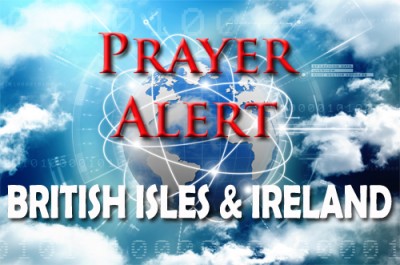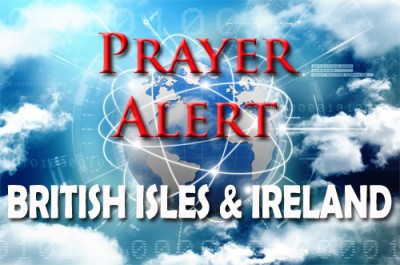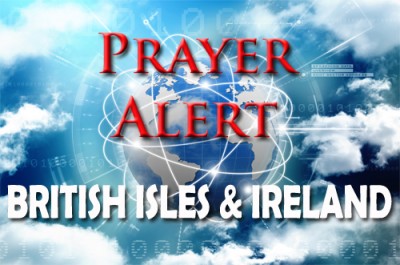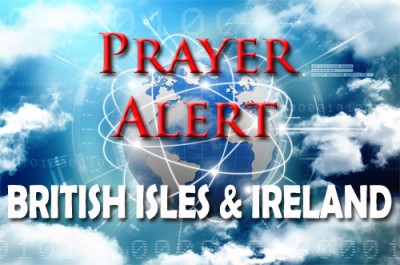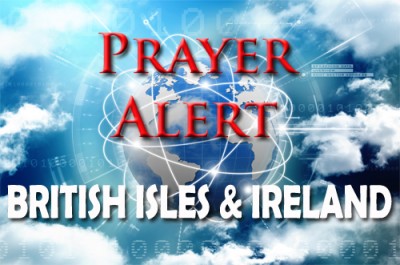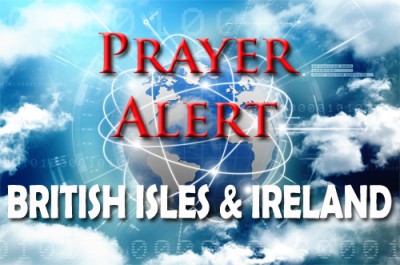Scottish Churches Housing Action, which brings together 13 Christian denominations and organisations nationwide, with a commitment to ending homelessness, will be 20 years old this month. The precise anniversary is 17 January 2015 and it will be marked with a service of celebration, challenge and commitment at St Andrew's Roman Catholic Cathedral, Clyde St, in Glasgow at 2.30 pm. Worship will be led by the Scottish Churches Housing Action associate convener, the Rt Rev Bruce Cameron, and the sermon will be given by Very Rev Dr Andrew McLellan from the Church of Scotland. Scottish Churches Housing Action has a substantial track record in developing local volunteer-based initiatives such as its recent befriending initiatives for homeless people. It encourages the development of affordable housing from redundant or under-used church property. The group also works to increase church and public understanding of homelessness and policies that will end it.
Schools are struggling to deal with rising numbers of students self-harming, two major teaching unions say. The number of pupils hurting themselves is said to be at a high. NHS figures obtained by BBC Newsbeat show a 20% rise in the number of 10 to 19-year-olds admitted to hospital because of self-harm injuries across England, Wales and Northern Ireland. The government says it has asked experts to examine how to tackle self-harming and related issues in schools. The NHS figures show the number of hospital admissions rose from 22,978 in 2012-13 to 28,730 in the following year. Figures for Scotland were not available. According to the National Association of Head Teachers and the Association of Teachers and Lecturers, spending cuts to local services have left schools without as much expert medical help as in the past.
A British nurse who was diagnosed with Ebola after returning from Sierra Leone is still in a critical condition, but has stabilised, Health Secretary Jeremy Hunt says. He said Pauline Cafferkey was getting the ‘best possible care’ at the Royal Free Hospital in London. He went on to say ’she stands for the very best of NHS values’ and that the whole country was proud of her. Mr Hunt said screening measures had been ‘strengthened’ at airports. Ms Cafferkey, a public health nurse, was diagnosed with Ebola in December after volunteering with Save the Children in Sierra Leone. She is being treated with experimental drugs and Mr Hunt confirmed she had received blood plasma from another British nurse, William Pooley, who recovered from an Ebola infection.
What is believed to be the UK's first 'gender-abortion' prosecution is to proceed to the Crown Court, following a hearing at Manchester and Salford Magistrates' Court. Friday 16 January 2015 has been set as the date for a pre-trial review. Dr Prabha Silvaraman is accused of conspiracy to procure an illegal abortion. However, in a concerning development, the Crown Prosecution Service (CPS) has been asked to take over the case and drop it. Last year the CPS concluded that there was sufficient evidence in the case to provide a realistic prospect of conviction - but decided not to prosecute Dr Prabha Sivaraman and a second doctor, claiming that it was 'not in the public interest' to do so! It was because of the CPS's failure to prosecute, that Aisling Hubert launched her private prosecution, supported by the Christian Legal Centre.
A Bill about councils’ ‘freedom to pray’ has received support from the Government and the Labour Party. During a debate on the issue, Jake Berry MP, who proposed the Bill, encouraged public officials to reflect on the power of prayer over and above government actions. The Local Government (Religious etc. Observances) Bill is due to be considered by a committee of MPs in January. Speaking earlier this month Berry said he was ‘delighted’ to take the Bill about people’s freedom to pray through Parliament, because ‘it is an important issue’. All elected officials might like to reflect that there may be more power in prayer than in any stroke of a Minister’s pen or ruling from the Chair’. Penny Mordaunt, a Government minister for Communities and Local Government, commented: ‘The Bill will not compel anyone to pray or any local authority to include prayers in their official business.'
New powers are needed to curb the rise of betting shops which are ‘saturating’ high streets, according to the Local Government Association. The group, which represents English councils, also wants to see the maximum £100 stake on addictive betting machines reduced. It comes as a report finds higher stakes on gambling machines may hamper good decision-making. Councillor Tony Page, who speaks for the Local Government Association (LGA) on licensing, highlighted concerns that, ‘vulnerable people are losing money’ on addictive gambling machines. Fixed-odds betting terminals (FOBTs), known as the ‘crack cocaine of gambling’, allow gamblers to bet up to £100 every 20 seconds. There are over 30,000 of the machines around the UK. Mr Page concluded: ‘Councils ultimately need tougher powers to enable them to support local high streets and economies through ensuring diverse high streets.’
Intelligence experts and organised crime specialists will join forces to tackle child abuse images on the ‘dark net’, David Cameron has said. The prime minister said a joint GCHQ and National Crime Agency unit would hunt online paedophiles with the same ‘effort’ used to track terrorists. Speaking at a London summit, he said online child exploitation existed on an ‘almost industrial scale’ worldwide. He also unveiled a law to stop adults sending children ‘sexual’ messages. Labour said it had suggested the same law six weeks ago and the government had said it was ‘not necessary’. Mr Cameron said the new unit was part of a drive to remove millions of ‘sickening and depraved’ images from the internet. The term ‘dark net’ refers to parts of the internet that are hidden and can be hard to access without special software, and Downing Street said the new unit would be able to analyse huge volumes of images.
As annual school nativity play season gets under way, survey shows baby Jesus being edged out to make room for Elvis, spacemen, footballers and Lord Sugar. Christianity is being banished from school nativity plays as the annual performance of the Christmas story is replaced with bland ‘winter celebrations’, research among parents suggests. Even in schools which retain religious themes, most now opt for a modernised version of the nativity story, often featuring elaborate twists and children dressed as unlikely additions such as punk fairies, aliens, Elvis, lobsters, spacemen and even recycling bins. Examples cited in the survey conducted by Netmums, the parenting website, even included a retelling of the story modelled on The Apprentice. Others told of children dressed as ingredients in a Christmas lunch including carrots, sprouts and – confusingly – pumpkins. Meanwhile, one in eight had said their children’s school had dropped the Christmas story altogether for a modern alternative without religious references.
